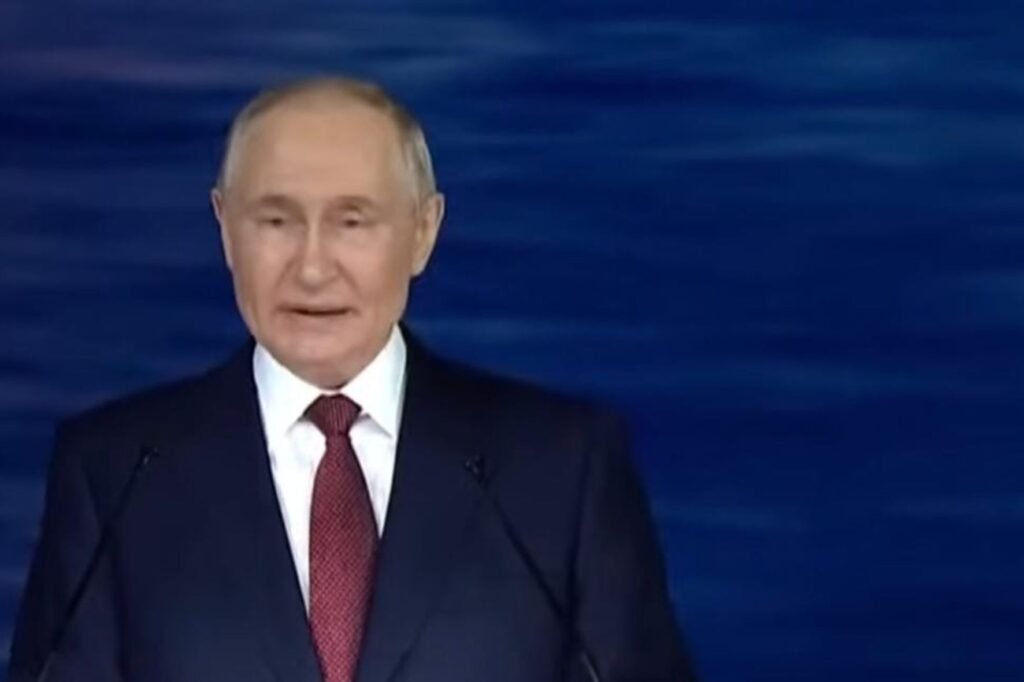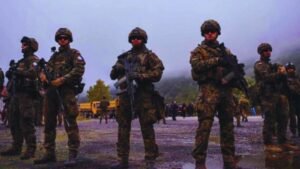Unexpected nuclear threat emerges in Middle East post-bombings: unforeseen warning alarm

In a twist that sharpens the crisis in the Middle East, Russia issued a warning that reshapes the landscape: after the United States’ attacks on Iran’s main nuclear plants, there is a possibility that Tehran may receive nuclear weapons from third countries. Tensions between powers are escalating as the international community tries to contain an escalation with unpredictable consequences.
The unsettling warning from Medvédev
Dmitri Medvédev, former president of Russia and current vice president of the Security Council, publicly stated that there are nations willing to deliver nuclear weapons directly to Iran. The declaration, made shortly after the attacks ordered by Donald Trump, shook the international scene.
Medvédev downplayed the effectiveness of the overnight bombings on the key sites Fordow, Natanz, and Isfahan. According to the Russian leader, the Iranian nuclear infrastructure suffered minimal damage, allowing Tehran to maintain its uranium enrichment plans and potentially move towards the production of nuclear weapons.
The former president sarcastically commented on the situation, stating that the “peaceful president” — referring to Trump — is now dragging his country into a new war. In his posts, he warned that the U.S. operation could further unite the Iranian people around their leadership, even among previously neutral or critical sectors.

Moscow condemns and warns of a possible disaster
The Russian Ministry of Foreign Affairs quickly spoke out, labeling the offensive as “irresponsible” and a violation of international law. Moscow believes that a permanent member of the Security Council resorting to massive bombings against a sovereign state breaks the foundations of the United Nations Charter.
In its statement, Russia demanded an urgent evaluation of the situation from the international community and the International Atomic Energy Agency (IAEA). So far, the IAEA confirmed that there were no increases in radiation near the attacked facilities, a piece of technical relief but does not dissipate the political tension.
Meanwhile, the Russian Foreign Ministry emphasized that the attacks could push Iran to strengthen its nuclear program and seek bolder military alliances, increasing the risk of atomic proliferation in the region.
Iran’s reactions and warnings from the region
From Tehran, Foreign Minister Abbas Araghchi denounced the offensive as a “serious crime” and warned that Washington has crossed a “red line” that could have serious repercussions. Speaking at a summit in Istanbul, Araghchi pledged that Iran will defend itself “by all necessary means” against any new aggression.
The Iranian diplomat traveled to Moscow to hold talks with Vladimir Putin, in an attempt to strengthen bilateral ties and coordinate political and military responses.
At the same time, Turkey, the host country of the Organization of Islamic Cooperation (OIC) summit, warned of the risk of an escalation that could transform the regional conflict into a global crisis. According to Ankara, the possibility of a “catastrophic” scenario is not an exaggeration, but a real threat if the tension continues to escalate.
This new episode shows that, far from diminishing, the crisis in the Middle East is entering a more uncertain phase. The hypothesis that Iran may receive nuclear weapons from unknown allies adds a component of instability that puts Western powers on alert.
Meanwhile, the IAEA continues to closely monitor the situation at Iranian facilities, trying to ensure that there are no radioactive leaks or immediate environmental dangers. However, the real concern is focused on what might come next: secret alliances, new bombings, and an accelerated nuclear race.
With each statement and each attack, the region is entering a diplomatic and military maze that threatens to redefine the balance of power worldwide. And although today radiation seems under control, political tension continues to radiate uncertainty to every corner of the planet.
[Source: ]







